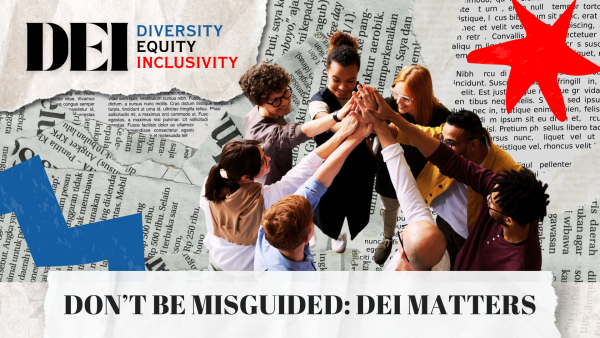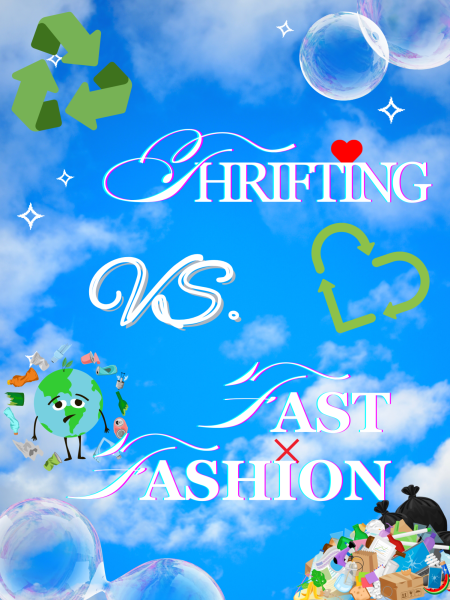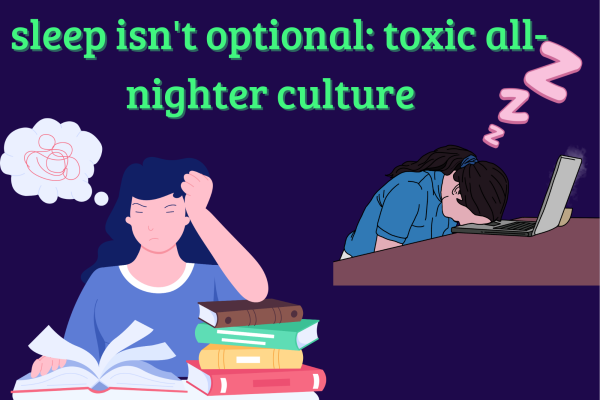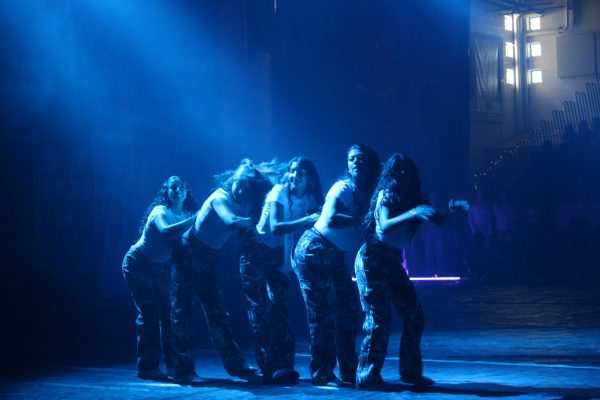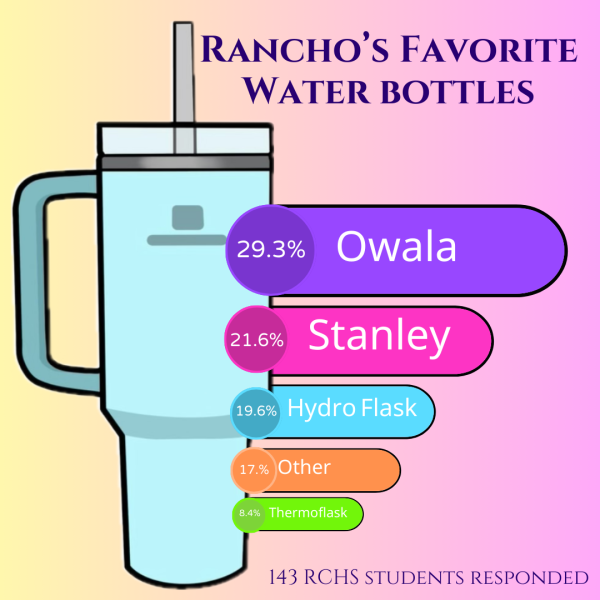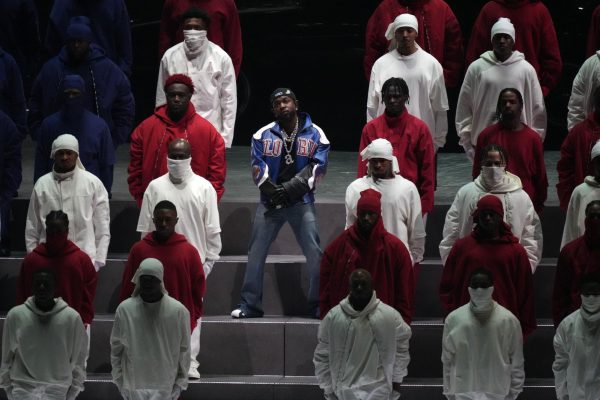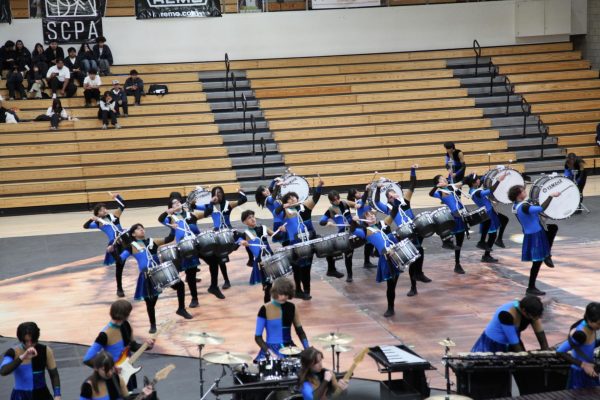Students should discuss politics in the classroom
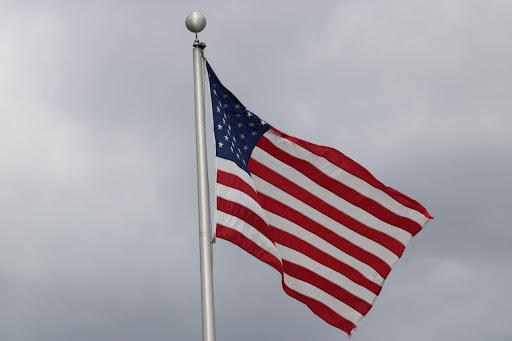
Throughout the United States at every high school, the American flag, a prime symbol of patriotism soars over campuses.
Every student who roams the hallways going from class to class, bell after bell, has their own stories to tell and their own beliefs. This ranges from their own religious morals: morals that decide what they can and cannot eat, and what they’re allowed to wear, to noncontroversial interests like their favorite superhero. But there is an unspoken take that to most students, goes undiscussed: politics.
Politics feels as if it is deep-rooted in everything that people do, and that includes going to school. From the Pledge of Allegiance to the National Anthem at sporting events, rallies, and school ceremonies, politics are everywhere. Despite their obvious prevalence on campus, politics are still considered taboo, and something that’s forbidden to talk about.
Teachers are prohibited from providing political commentary while teaching, even if it’s not their direct opinion. One of the major things that prohibits educators from offering political commentary in classrooms is California Ed Code 7054, which directly states that no public district funds or services, can urge “support or defeat of candidate or ballot measure.”
Mr. Gary Favero, who teaches A.P. Language and Composition, a class that deals with a multitude of controversial topics, argues that politics has a place on campus, but that teachers shouldn’t be the ones who give their own personal commentary about politics when teaching.
“It’s dangerous to the job. It’s not our job as teachers to give our input. We’re supposed to [create] and encourage critical thinking among students,” Favero said.
If encouraging critical thinking among students is one of the many responsibilities of teachers, then on a surface level, it doesn’t seem like a bad idea for school to be a mediated ground where things such as politics and religion are discussed.
The issue though, is that because students have opinions, often opinions shaped by their parent’s beliefs, and this can cause problems among the student body. Just as someone wouldn’t convert their religion based on someone telling them that their beliefs are wrong and theirs are correct, someone wouldn’t change their political opinion based on one conversation. Assuming that students get their own beliefs based on what their parents think and the environment in which they are raised, the issue of misinformation arises.
According to Statista, at least 80% of American adults have consumed fake news, and over 45% have shared fake news as true. This is a staggering amount of misinformation being spread by an overwhelming amount of Americans. Therefore, if one is to assume that students are receiving their political insights from their parents, then having their own discussions at school, they are at risk of potentially spreading misinformation themselves.
The real issue is the fact that this happens at an institute of education – a place where misinformation should be discouraged and replaced with truth and encouragement for students to form their own opinions.
But then the bigger overall question presents itself: how do you fix that? The only true way to properly fix this issue of misinformation among students is to teach them what’s factual and what’s not factual. The circumstance that many are faced with today, is that to some, even proven fact is could be something that is considered something as opinionated.
It’s nearly impossible to have a discussion about politics on campuses without bringing up the hottest subtopic surrounding this larger issue: critical race theory.
In April 2022, Republican Florida Governor Ron DeSantis banned critical race theory, commonly abbreviated as CRT, in all Florida schools. CRT discusses the theory that race in its own is a construct designed by society, and that racism is not just something of personal bias, but also something that is embedded into American and global political systems.
The controversy surrounding the ban was that it might have possibly killed the ability to teach things such as history the way it actually happened. Some believe that this was a way of “white-washing” history to portray what actually happened in our country.
It didn’t stop at CRT with the Floridian Governor, though. Furthermore, in early 2022, DeSantis also banned a countless number of math textbooks, proclaiming that those also teach CRT, and that he was fighting “indoctrination,” which was his primary goal with the educational reforms.
DeSantis further reinforced where he stands on education after he announced in early 2023 that the new Advanced Placement class from College Board, A.P. African American Studies, would be banned from being taught in Florida high schools, claiming that it violates Florida’s educational code.
But in a world in which a government can select what their children learn, is that not eliminating the point of allowing children to think freely for themselves?
It should solely depend on what the students themselves sign up to learn, and what they think they should be surrounded by at their second home.
“I think it is appropriate for clubs/classes that focus on political matters such as speech and debate and government to be on campus,” junior Rebecca Zin said.
Zin, like many other RCHS students, is active on campus and takes pride in their school spirit with their participation in programs like Academic Decathlon. Like Favero, Zin also believes that teachers do have an important role that they can play when it comes to students’ political opinions.
“Teachers who discuss politics in their classroom should be well-educated and informed about it since they are educators who can easily influence students,” Zin said. “It is okay to express political values as long as it does not make students feel alienated and looked down upon by a teacher.”
Some school districts throughout the United States have taken a similar stance to Governor DeSantis. The Central Bucks School District approved a policy on Jan. 10, 2023 which when enacted, would ban all CBSD teachers and staff from displaying their own personal opinions in their classrooms.
“Neutrality and balance in classroom instruction are desired in order to create an optimal learning environment and atmosphere of inclusiveness, where all students are welcome,” the policy read.
At schools around the United States, a political presence could not only cause the spread of misinformation but also cause division among the population.
“It’s important to know about politics, but [school is] not the place. It shouldn’t be here,” A.P. United States Government and Politics teacher Roberto Sanchez said.
Teachers are allowed to discuss political events in their classrooms with their students, but whether or not they should be allowed to have open-ended and extensive discussions about politics remains to be up for debate. Despite claims that politics has no place on campus, without school, there are no wide-scale reliable institutions that students can look to in order to learn factual truth.
In the age of misinformation causing hysteria and chaos throughout the United States, for example, the Jan. 6 Insurrection, there is not a more integral time for students to learn about objective facts. It is every school’s responsibility that students are exposed to what the truth is, free from bias and misinformation so that students can create their own accurate political opinions based on the truth.
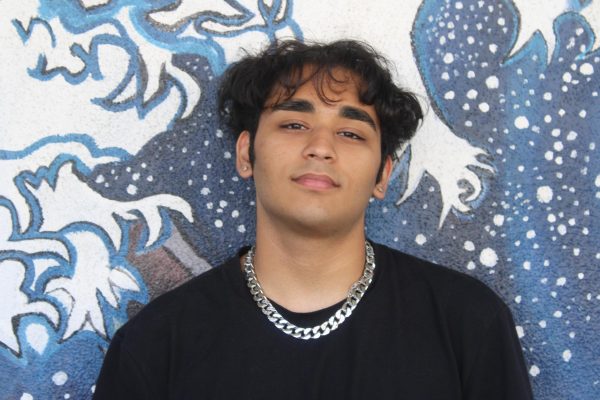
Saif Lakhwani is a senior at RCHS, and this is his second year in journalism. He is the assistant editor-in-chief of the school newspaper, The Cat’s...
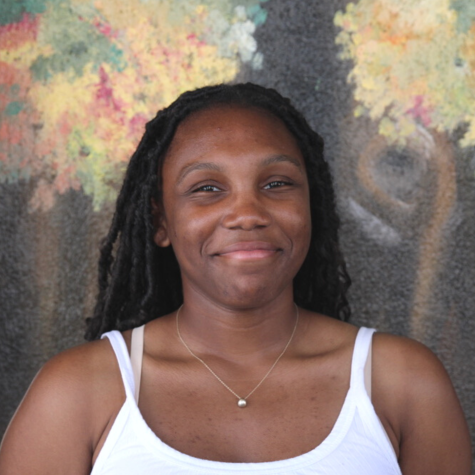
Kassidy Coleman is a senior at RCHS, and this is her first year in journalism. She is the Assistant Editor for the school newspaper, The Cat’s Eye. Her...


